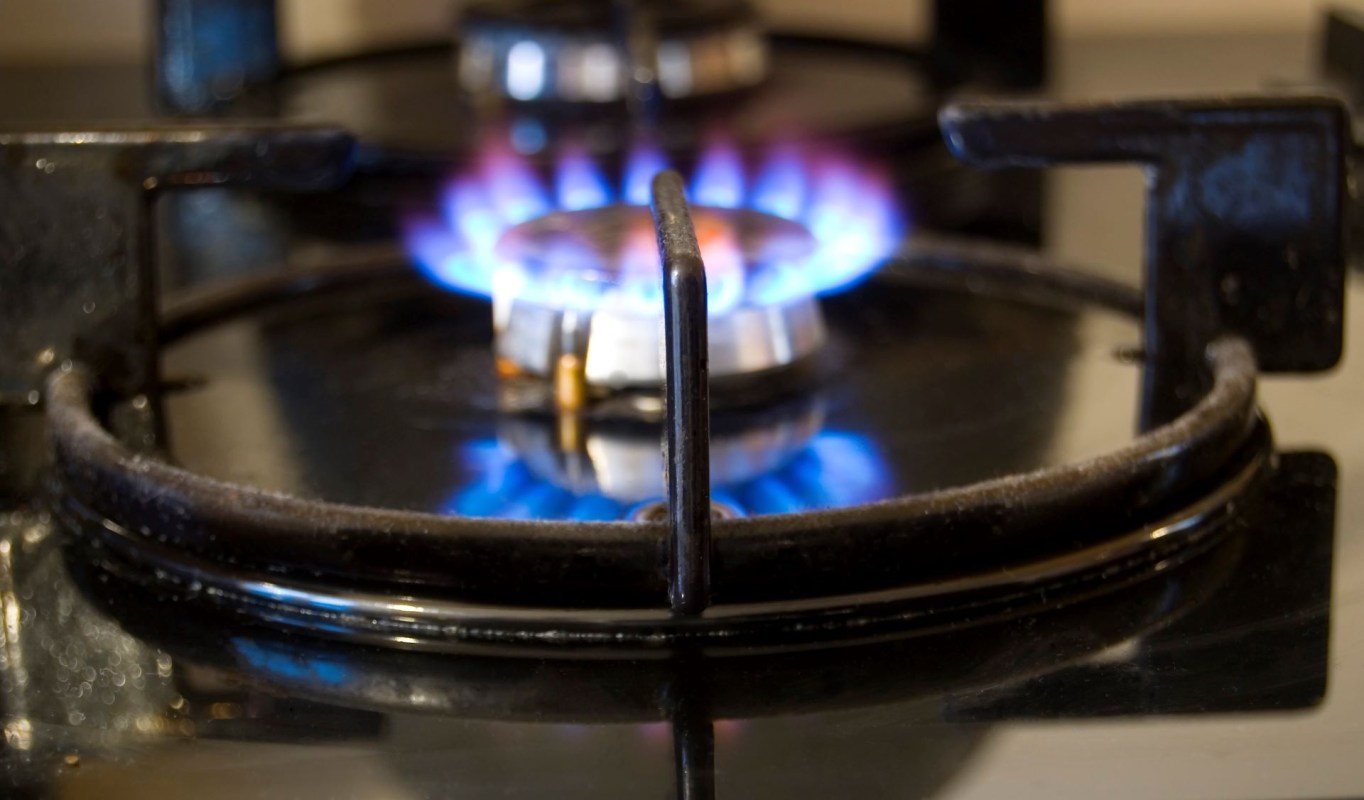When it comes to the great stove debate, there are a lot of opinions going around.
People who fondly remember their grandmother's gas stove want to keep that piece of nostalgia in their life, while those who have discovered the wonders of induction cooking are thrilled by it and wonder why they're not the industry standard.
Regardless of your preference, one thing is clear: Gas stoves impact health due to fumes and emissions. Recently, journalist Michael Thomas took his gas stove to task and made some "alarming" discoveries.
Air quality
To start, Thomas tracked the air quality in his home. He grabbed a nitrogen dioxide monitor and tested the air quality in his house throughout the day. It was impossible not to notice a glaring trend: the nitrogen dioxide levels would spike when he fired up the gas stove, then remain elevated afterward.
Health risks
Thomas spoke with Josiah Kephart, an assistant professor from Drexel University, who noted the nitrogen dioxide levels were double the daily guidelines. So, Thomas did some research.
From there, Thomas learned that high levels of nitrogen dioxide can cause respiratory issues. Harvard found that children living in homes with gas stoves are 42% more likely to have asthma, and The Guardian reported that one in eight cases of childhood asthma is caused by gas stove pollution.
Commenters on Thomas' video seemed to agree that the health risks sounded severe.
"I love my gas appliances and had no idea they were potentially dangerous until just a few years ago," one user wrote.
"Thank god this issue is finally getting the attention it deserves," another added.
Planet-wide risks
Climate scientists remind us that it's not only our health at risk, but also the Earth's .Natural gas is a dirty energy source that, when burned, emits carbon pollution that is released into the atmosphere. It also generates methane, a potent planet-heating gas shown to warm the planet up to 80 times faster than carbon dioxide.
Stanford Researchers estimate that the methane from U.S. homes with natural gas stoves has the same polluting impact as around 500,000 gas-powered cars.
Other choices
The experts Thomas spoke to for his video believe we should phase out gas stoves, for our health and the planet. So how will you cook?
For one, induction stoves can be a huge help. They're fast, they're safe, they save electricity, and they're easy to clean.
Join our free newsletter for easy tips to save more, waste less, and help yourself while helping the planet.









